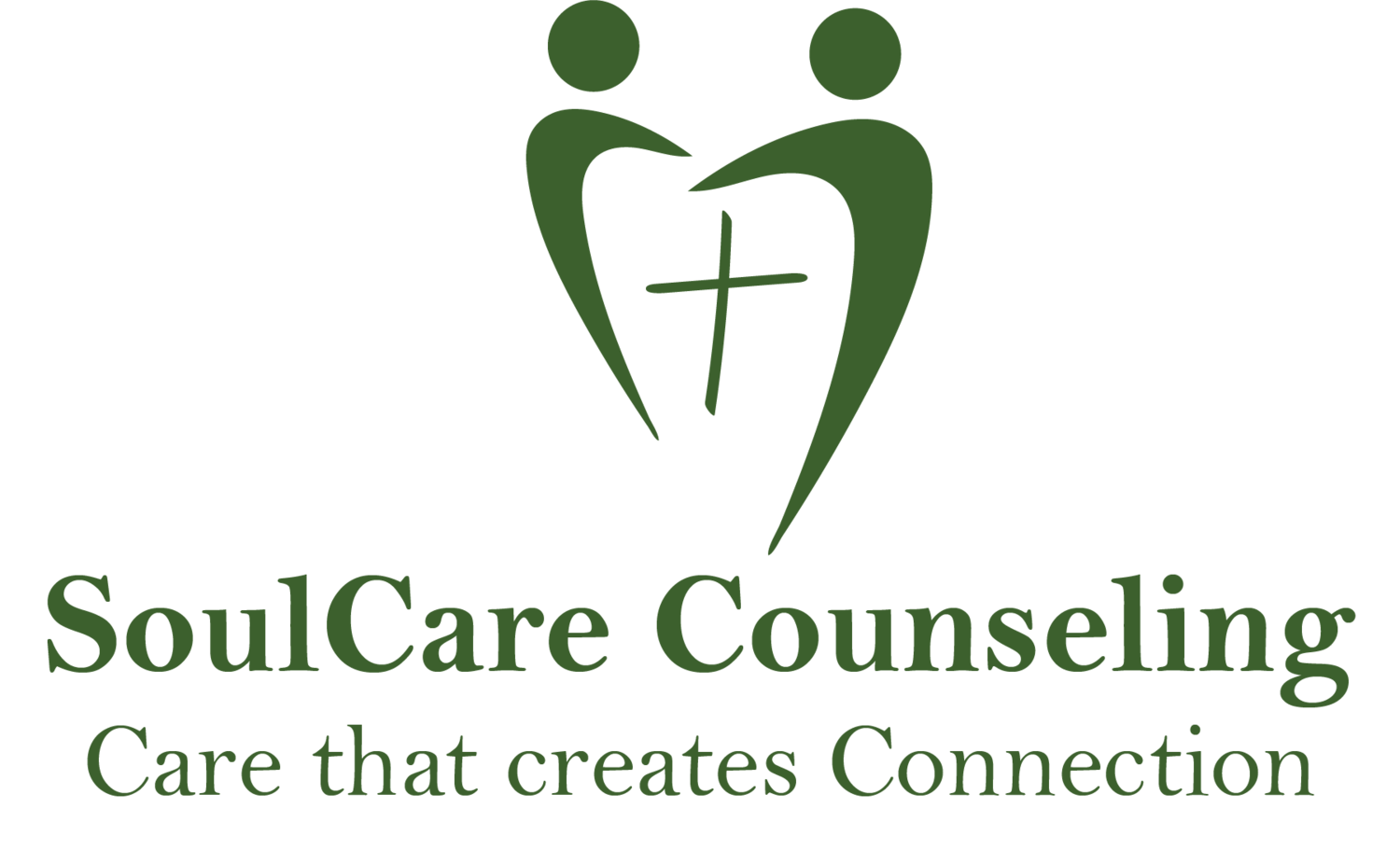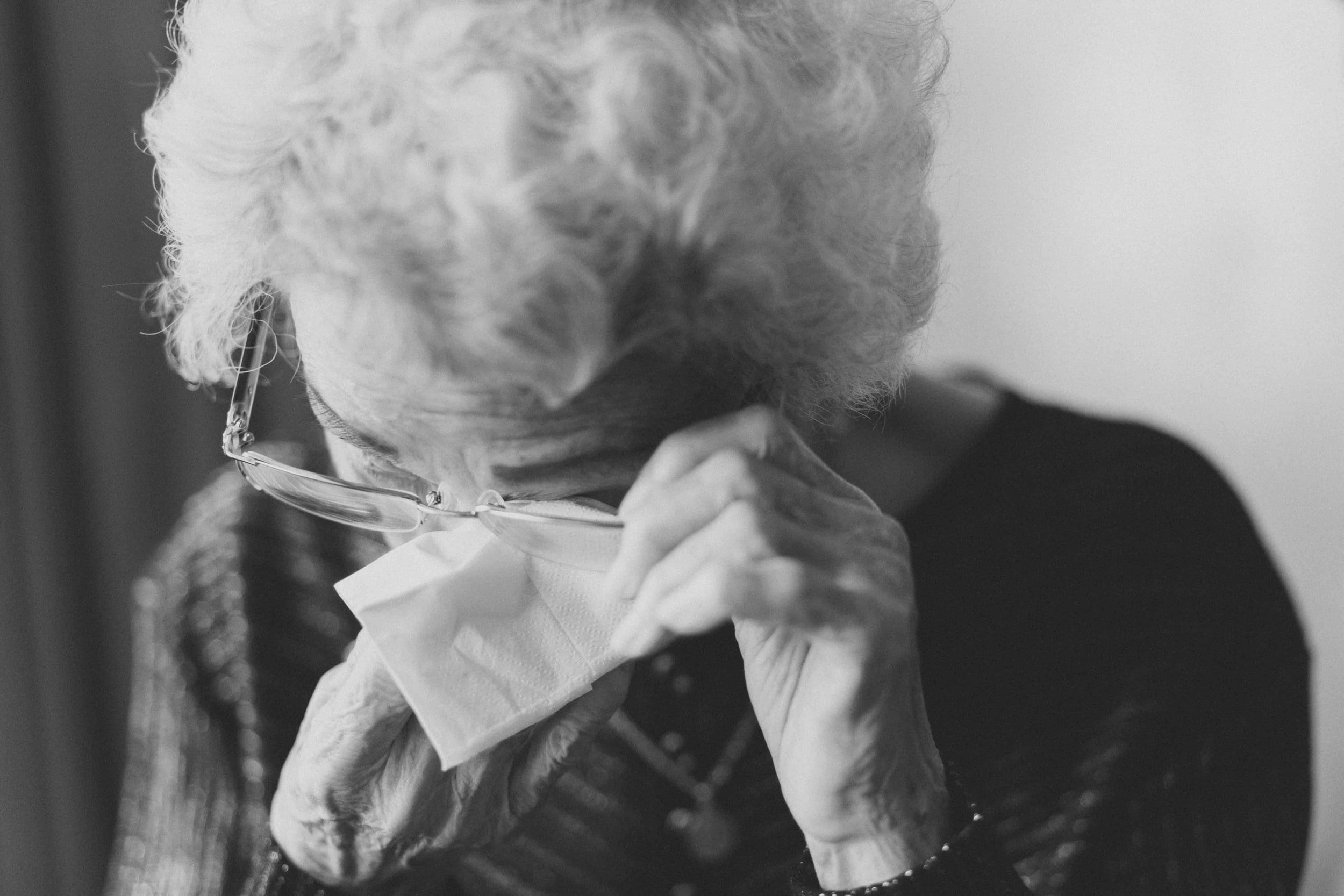Coping With My Mother's Dementia
I write this piece as a fellow-struggler. Counselors don’t live problem-free lives. We have issues just like everyone else. One of the biggest challenges my husband and I had occurred in the last year of my mother’s life. I share it here in hopes that someone struggling with a parent suffering from dementia or Alzheimer’s can relate and know that you’re not alone.
Momma And Her Dementia Came to Live With Us
My precious father died in 2013 just a few months from his 93rd birthday. Without his social security, my mother couldn’t afford to stay in their assisted living facility, nor could my brother’s family nor mine. She would have to come live with one of us. My brother’s house was a two-story with bedrooms upstairs. Ours was one-story with plenty of spare room. So, at age 89 momma came to live with us for the last year of her life.
Whenever Mark and I had come to visit my parents, we noticed that momma was a little “off,” but we didn’t think much of it because she was always saying or doing odd things and laughing it off saying, “Well, I guess I’m going nuts!” We’d always laugh with her, but she was actually in mental decline with dementia. We only realized how severely her dementia was when she was with us 24/7. Momma loved Jesus and was the best Christian and sweetest person you’d ever meet, and, thankfully, that never changed. But her dementia became an ever-growing challenge, especially for my husband since I counsel people until late in the evenings and he was pretty much her sole caregiver.
Dementia’s Frustrating And Funny Moments
Bless his heart, Mark loved his mother-in-law and tried to be patient, but it was hard. He kept a journal as a coping tool. Sometimes in her dementia, she was funny, other times she was frustrating. It was not her fault, but it was still hard. Here’s an entry from Mark’s journal:
“I came in and found Dorothy reading a church newsletter in the dark. I asked if she’d like the light on. She said, “The temperature’s okay for me.” I spoke louder, “Do you want the light on?” She said, “Oh, the fan?” I finally just turned the light on. Later, we were all watching TV and I said, “Do ya’ll want to go out for dinner?” Bernis said, “Momma, do you want Mark to take us to dinner?” Dorothy said, “That’d be alright.” Bernis asked, “Are you ready to go?” Dorothy said, “Yeah, I’m ready.” So, I moved the car into the garage for her and turned on the air conditioner so it would be cool when she got in. After 20 minutes, the woman who said she was ready to go finally appeared. We arrived at the restaurant, got seated, and started looking at the menu. Suddenly Dorothy took out her hearing aid and handed it to Bernis, saying it was too loud in the restaurant. She lost her glasses this morning. So, she couldn’t see to read the menu or hear us tell her what it says. She said she didn’t want Mexican food (we were in a Mexican restaurant), so we finally ordered her a chicken sandwich from the children’s menu. She ate three bites and said, “I’m full as a tick.” We got home and put on a movie. She said she needed her glasses and Bernis reminded her that she had lost them and was the only person who knew where they are. She went in her bedroom to look for them, and never came out. I finally peaked in and she was asleep. I have to laugh at these things or I’ll go crazy.”
Momma’s Dementia And Those Final Days
As time went on, Dorothy’s dementia grew worse and worse. Although we had hired a caregiver to be with her while we were at work, and Mark worked very hard to care for her in the evenings after his work day until I got home and took over, it wasn’t enough. We learned later that one of the symptoms of dementia is loss of appetite. When she said, “I’m full as a tick” even though she hadn’t eaten more than a small bite or two hours before, to her mind she really was full and couldn’t bear the thought of eating. And that was evidenced in her spiraling weight loss at each doctor’s visit. Mark tried and tried to get her to eat, made her favorite meals, cajoled, begged, everything he could think of, but she was “fuller than full.” Momma was always trim, but now she was frighteningly thin. The doctor finally told us that unless one of us quit our job and stayed with her around the clock, we needed to secure around-the-clock care for her, and he prescribed a nursing home. We found the nicest one there was with an opening, moved her in with photos of all her family around her bed, bought flowers, nice furnishings and clothing, and visited her daily. Every night she would pack the small compartment under the seat in her walker and try to go home, and every morning I would unpack her walker, move her back in and show her the pictures of our family and talk about them with her.
One day we came to see her and she was unconscious and couldn’t be awakened. We called the ambulance and, to make a long story short, she crashed. They moved her into a hospice unit in her nursing home. The staff were so sweet and kind. The whole family came in. We sang her favorite hymns to her. Mark read every Scripture he knew as a pastor from years of being with families in the time of death. Inevitably and gently, she breathed her last breath on earth and entered the house prepared for her by her Savior.
Dementia Is One Of The Cruelest Ways To Die
The death certificate gives the cause of death as starvation. That was like a stab in our heart. We did our very best. We still don’t feel that it was enough. Dementia and Alzheimer’s are some of the cruelest ways that death takes people. Slowly, it robs them of their very identity. If we don’t have our memory, what do we have? She would often ask Mark, “Do you know where Willard is? I’ve been looking for him everywhere, but I can’t find him.” Mark would have to tell her that her husband Willard died last year and he’s waiting for her in heaven.” She’d mourn all over again like it was the first time. Mark would often say to her during those times, “Dorothy, I wish I was you sometimes. You’ll forget this in a few minutes and be fine, but I have to remember it.”
Time doesn’t heal all wounds, but it does move them further from the surface. I can talk about these things now without tearing up (although I am pretty weepy as I write this). Know that, if you are struggling with a parent suffering from dementia, there are people who have been through this and understand. If you need help coping with your mother or father’s dementia, family therapy may help. We understand and can empathize. I encourage you to reach out to us and schedule a free thirty-minute consultation.
Dr. Bernis Riley holds a Doctor of Psychology degree, is a Licensed Professional Counselor – Supervisor, and is certified in Emotionally Focused Therapy. She is the Clinical Director/Supervisor at SoulCare Counseling.



